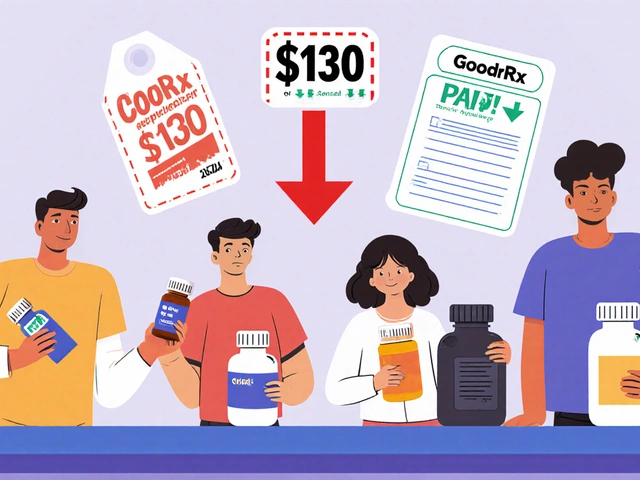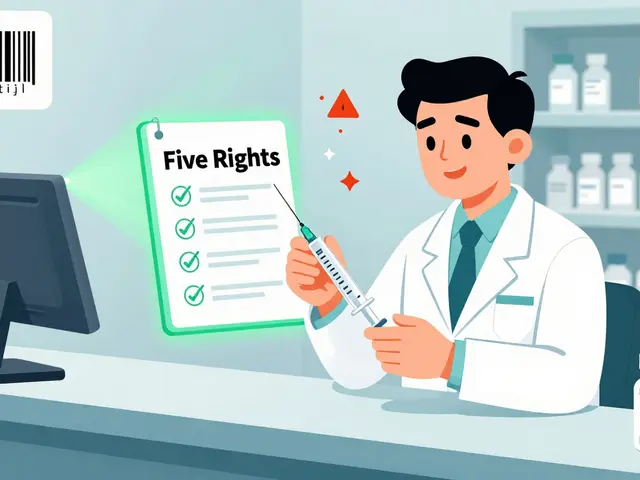Beta blockers: what they do and how to use them safely
Beta blockers are a common class of heart medicines. Doctors prescribe them for high blood pressure, irregular heartbeats, chest pain (angina), heart failure, and even migraine prevention or essential tremor. They work by blocking beta-adrenergic receptors, which lowers heart rate and reduces the heart’s workload.
Want the short version? Beta blockers slow your heart and calm the body’s “fight or flight” response. That helps blood pressure, reduces chest pain, and can stop some abnormal rhythms. But like any drug, they come with trade-offs you should know about.
Common effects and side effects
Most people tolerate beta blockers well, but watch for these common effects: feeling tired, cold hands or feet, slow pulse, lightheadedness when standing up, and sometimes digestive upset. Some people notice hair thinning or changes in sleep. Rare but serious issues include very slow heart rate or worsening of heart failure symptoms.
If you have asthma or COPD, telling your doctor matters. Some beta blockers can tighten airways and make breathing worse. People with diabetes should also be cautious: beta blockers can hide signs of low blood sugar like a racing heartbeat. Pregnant or breastfeeding? Talk to your provider—some beta blockers are safer than others.
Practical tips for everyday use
Take them the same time each day. If your doctor suggests taking with food to reduce stomach upset, follow that. Check your pulse once in a while—if it drops under 50 beats per minute or you feel dizzy, call your prescriber. Don’t stop suddenly. Stopping a beta blocker abruptly can cause rapid heart rate, high blood pressure, or even chest pain. If you need to stop, your doctor will usually taper the dose over days or weeks.
Watch for interactions. Combining beta blockers with other blood pressure drugs, certain antidepressants, or medications that affect heart rhythm can change how you feel. Over-the-counter cold medicines and some herbal supplements may also interfere. Always tell your pharmacist what you take.
How do you know if a beta blocker is right for you? That depends on the condition, your other health problems, and lifestyle. For example, if you walk fast or run, some beta blockers might make exercise feel harder. If you have frequent migraines or a shaky hand, they can be very helpful.
Want to buy meds online? Use only licensed pharmacies, check for a real phone number and pharmacist access, and avoid sites that sell prescription drugs without a prescription. Need help choosing a brand or understanding dosing? Ask your prescriber or trusted pharmacist.
If you notice new symptoms—worsening shortness of breath, fainting, very slow pulse, or signs of low blood sugar—seek medical advice quickly. Otherwise, beta blockers are a safe, effective tool when used correctly.
Looking for related guides on GenericVilla.com? Search the site for medication safety, buying tips, and condition-specific articles to get more practical help tailored to your situation.
Toprol, also known as metoprolol, is a common beta blocker prescribed for high blood pressure, heart issues, and even migraines. This article dives deep into how Toprol works, its benefits, possible side effects, and practical tips for living well while taking it. By understanding this medication better, patients and families can feel more confident managing health challenges. If you're starting Toprol or want to know if it's right for you, get honest answers—minus the confusing medical talk.
View Details

